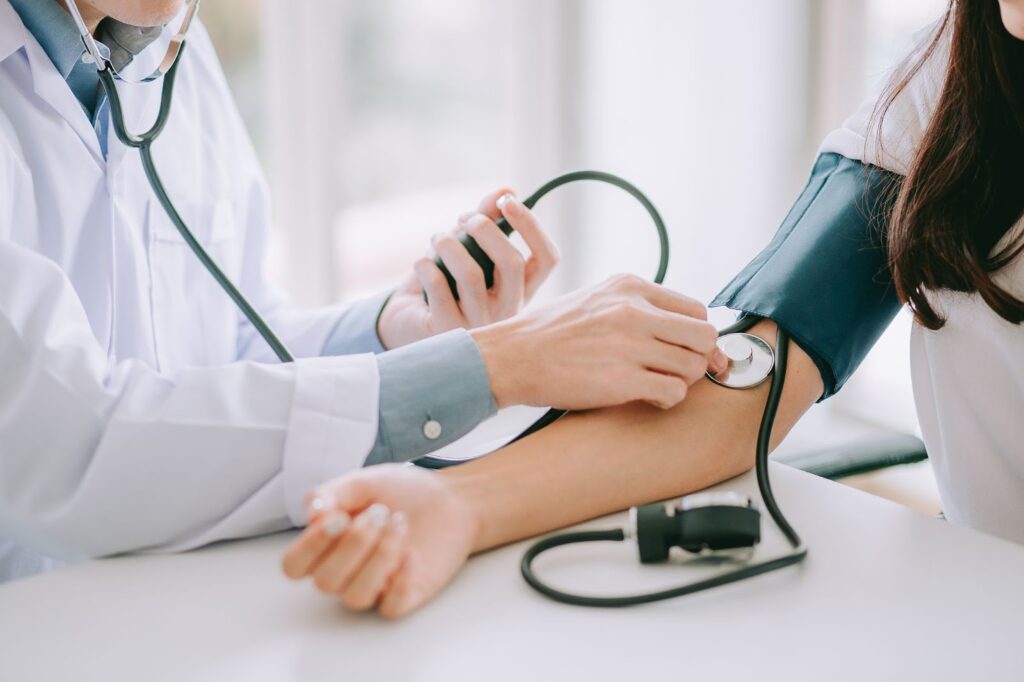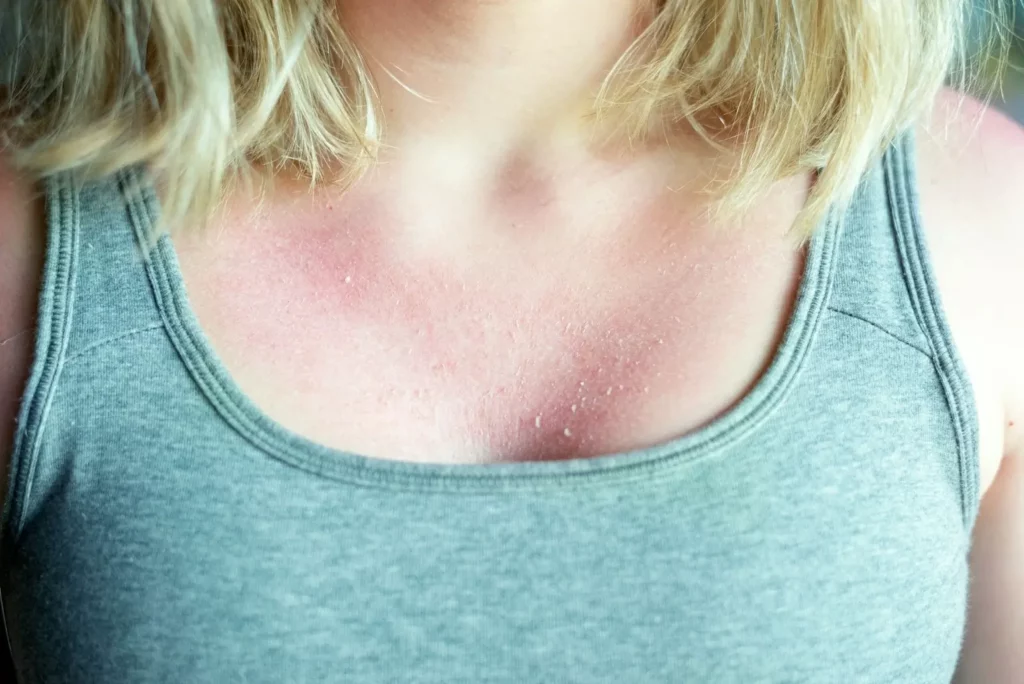Irregularities in our hydration status may often lead to unexpected health issues. One unusual, but nonetheless concerning, symptom of severe dehydration can be chest pain.
While it may seem unrelated, a deeper understanding of dehydration and its effect on our circulatory system sheds light on how these two can be connected. This guide will answer some common questions such as does dehydration cause chest pain or can dehydration cause chest tightness, and more about chest tightness dehydration.
Understanding Dehydration
Dehydration occurs when your body loses more fluids than it receives, disrupting the body’s natural balance of water and electrolytes.
These fluids and electrolytes are vital for maintaining bodily functions like temperature regulation, digestion, nutrient absorption, and muscle function.
Common Causes and Symptoms of Dehydration
Typical causes of dehydration include excessive sweating due to physical exertion or hot weather, fever, vomiting, and diarrhea. Certain lifestyle choices such as excessive intake of alcohol or caffeinated beverages and inadequate water consumption can also lead to dehydration.
Symptoms vary depending on the severity of dehydration, ranging from minor to severe. These generally include thirst, dry mouth, fatigue, decreased urination, dry skin, headache, and, in serious cases, dizziness and confusion.

How Dehydration Causes Chest Pain
Does dehydration cause chest tightness or can dehydration cause chest discomfort? Well, water plays a crucial role in maintaining optimal blood volume and ensuring smooth circulation throughout the body. Blood, which is about 90% water, delivers nutrients and oxygen to various body parts.
When your hydration level is inadequate, your blood volume drops, leading to decreased blood flow to your organs.
Can being dehydrated cause chest pain?
Due to the reduced blood volume during dehydration, your heart has to work harder to pump blood and maintain blood pressure, potentially leading to elevated heart rate.
This increased strain on the heart can cause discomfort or pain, often experienced as chest pain.
Impact on People with Pre-existing Heart Conditions:
For individuals with pre-existing heart conditions, the risks are even higher. Dehydration-induced low blood volume can exacerbate symptoms of these conditions, increasing the chances of heart palpitations, angina, or, in severe scenarios, heart failure.
By connecting hydration and heart health, we emphasize the importance of maintaining adequate hydration, not just for heart health, but for overall physical well-being. It’s essential to monitor hydration levels and check optimal fluid intake, particularly during physical exertion or hot weather. Remember, prevention is always better than cure, and in the case of dehydration, it might just prevent more severe health complications down the line.

Symptoms of Dehydration-Related Chest Pain
When dehydration gets to a point where it induces chest pain, you might notice several accompanying symptoms that hint towards it. Common symptoms of dehydration-related chest pain often include:
- Persistent Dry Mouth: With decreased fluid levels, the mouth might feel unusually dry and sticky.
- Rapid Heartbeat and/or Breathing: Heart rate and breathing can increase due to your heart working harder to pump reduced blood volume, which might intensify chest pain.
- Lightheadedness, Dizziness, or Fainting: As dehydration affects blood volume and consequently blood pressure, you might feel dizzy or faint.
- Reduced or Dark Yellow Urination: Decreased urination frequency or dark yellow urine indicate your body is attempting to retain as much water as possible due to low fluid levels.
When to Seek Medical Attention
Always pay attention to your body’s signals. If you notice signs of severe dehydration like extreme thirst, dizziness, fainting, rapid heart rate, and chest pain, urgent medical attention is necessary. These symptoms could indicate dangerously low levels of fluids that could potentially harm your vital organs.

Tips to Prevent Dehydration-Related Chest Pain
To keep dehydration and its related complications at bay, follow these measures:
- Regular Hydration: Get regular and sufficient water intake, especially in hot weather or during physical activity.
- Balanced Diet: A diet rich in fruits and vegetables adds to your fluid intake while also providing essential electrolytes.
- Limit Alcohol and Caffeine: These beverages often induce sweating, which could contribute to fluid loss.
- Wear Appropriate Attire: Wearing lightweight and loose clothes in heat can help limit excessive sweating and subsequent water loss.
Upholding Health through Hydration
Safeguarding against dehydration and understanding its potential effect on your heart is a significant step towards holistic well-being.
While these preventive measures are crucial, having a reliable healthcare provider you can reach out to for guidance or potential issues becomes equally important. Aether Health, located in Pearland, TX 77584, is your partner in health, offering comprehensive healthcare services and strategies tailored to your needs. Should you experience dehydration-related chest pain, or need advice maintaining optimal hydration, Aether Health stands ready to assist and guide you toward achieving and preserving your best health. Embrace hydration, prioritize wellness, and thrive with Aether Health.



